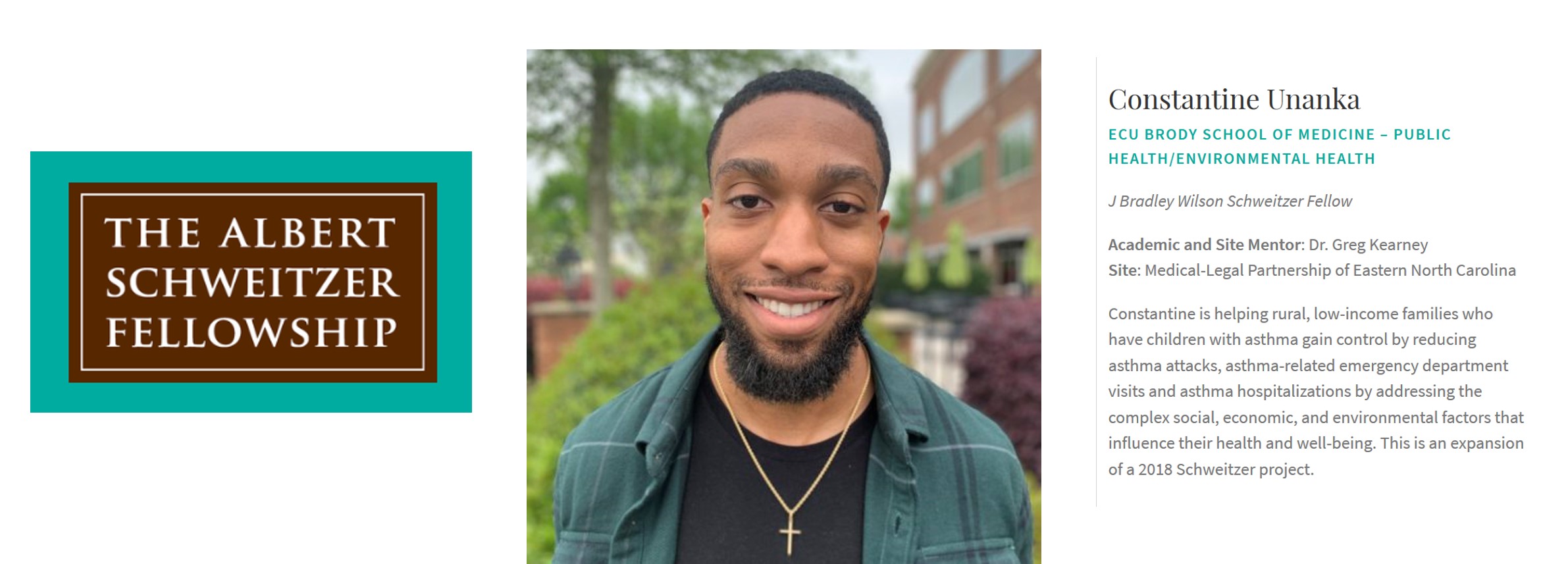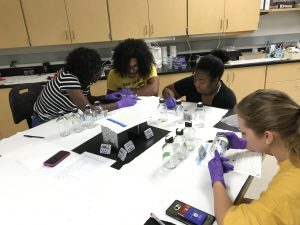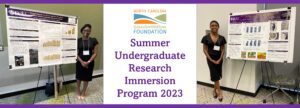MPH/MSEH student, Constantine Unanka, was one of the selected students to receive a prestigious 2019-2020 North Carolina Albert Schweitzer fellowship. Nationally, the fellowship program has 14 affiliate chapters across major cities and states that are striving to prepare the next generation of professionals who will serve and empower vulnerable people to live healthier lives and create healthier communities.
Selected Schweitzer fellows partner with community-based organizations to identify an unmet health need, design a yearlong 200-hour service project with a demonstrable impact on that need, and bring that project from idea to implementation and impact. Rooted in a holistic objective to improve health, Schweitzer projects address not only clinical issues but also the social determinants of health. Annually, approximately 250 Schweitzer Fellows deliver more than 40,000 hours of health-related community service in fourteen locations across the country. When fellows’ initial year ends, they carry their commitment to meeting the health needs of underserved people forward as members of the Schweitzer Fellows for Life alumni network, a pipeline of Leaders in Service now more than 2,000 strong.
Constantine is mentored by Dr. Greg Kearney, whom he describes as “the most substantial advisor he has had the opportunity to work with.” Together, they successfully got the approval of a service project, which is an expansion of a 2018 Schweitzer project. Constantine is helping rural, low-income families with children who have asthma gain control by reducing asthma attacks, asthma-related emergency department (ED) visits, and asthma hospitalizations by addressing the complex social, economic, and environmental factors that influence their health and well-being. The program will strive to decrease the number of asthma attacks and ED visits, while also providing the children a better understanding of ways to minimize the burden of their conditions. The intervention will be implemented through partnership to provide an avenue for families to receive legal aid in necessary situations.
Learn more about the fellowship and the projects of North Carolina’s 2019/20 cohort by visiting the NC Albert Schweitzer Fellowship website.




